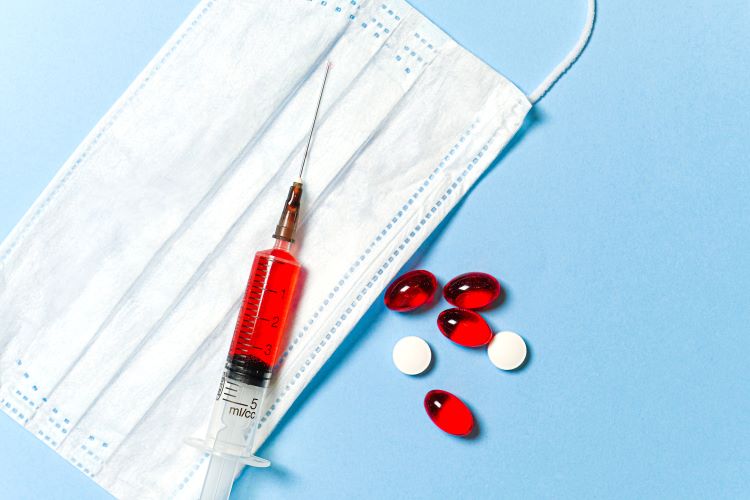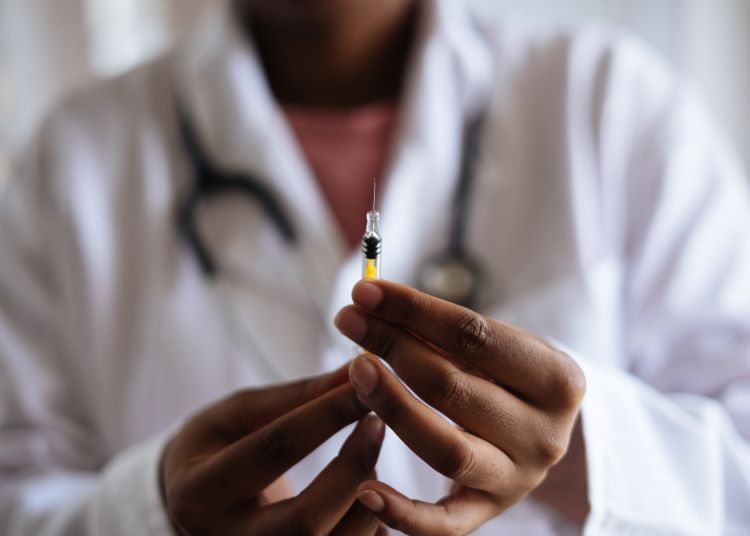A chronic wound is a wound that doesn’t heal in a predictable manner and time as most wounds. Patients need to know that chronic wounds will never heal on their own and require medical attention. Identifying the wound as chronic and seeing a wound care specialist as soon as possible is the first and probably most important step patients can take. Early diagnosis and proper treatment plan lead to wound resolution in as short a time frame as possible.

How wounds occur
A wound occurs when there is a break in the skin and underlying tissue. The worst wounds affect deep tissues. Wounds may be caused by:
- A minor injury such as a cut or a bump
- A traumatic injury such as a deep laceration, automobile accident, fall or burn
- An incision made during a surgical procedure
Wounds usually heal on their own provided they don’t get infected or reinjured.
How to know if a wound isn’t healing properly (and what to do about it)
It’s easy to see if a wound is healing properly. Wound color changes from red to bright pink to white and the wound’s edges slowly come together until they join. The healing process can take as little as a few days or as long as a few weeks, depending on the severity of the wound.
Wounds that aren’t healing properly look the same or worse during the days and weeks following the injury. Key symptoms include[1]:
- Pain
- Itching
- Release of fluid
- Unpleasant smell
- Reddish or browning color of surrounding skin
It may be difficult to sleep because of pain and itching.
Diseases and risk factors that may slow down or stop a wound from healing include[2]:
- Diabetes. Diabetes causes nerve damage and circulation problems which can interfere with healing.
- Varicose veins and arteriosclerosis. Cause poor blood flow that hinders healing.
- Obesity. Excess weight puts pressure on wounds which can lead to them becoming worse.
- Age. Older people tend to heal more slowly than younger people.
- Alcohol. Excessive alcohol intake may slow the healing process.
- Smoking. Smoking slows wound healing and increases the risk of infection.
- Stress. Stress, poor sleep, and poor eating habits can slow down the body’s ability to heal.
- Medications. Certain medications, most commonly nonsteroidal anti-inflammatory drugs (NSAIDs), may decrease blood flow and slow healing.
A physician should be contacted as soon as possible if a wound isn’t healing properly, especially if a patient has any of the mentioned diseases or risk factors.

Chronic Wound Treatment
Generally, a wound care specialist thoroughly cleans the wound with a saline solution and removes dead cells and inflamed tissue. A clean dressing is placed on the wound to ensure it doesn’t get infected. The wound is monitored and the dressing is constantly changed to ensure healing takes place. There are many different types of dressings that a specialist may choose to use. In some cases, medications may be prescribed to treat infections and pain. Patients who smoke are always encouraged to stop.
Severe chronic wounds may be treated using hyperbaric oxygen therapy or vacuum-assisted closure (VAC). Wounds that are too large to heal may be treated using skin grafts.
Conclusion
An early chronic wound diagnosis is always best. An effective treatment plan can be prescribed to start healing as quickly as possible. If you injure yourself and your wound is not healing properly, contact your physician as soon as possible, especially if you have any of the diseases or risk factors mentioned in this article.
About the Author: Jeff Oescher worked for over 6 years as an orthopedic clinical associate and case technician. He now works as a medical writer for Vohra Wound Physicians, a national wound care physician group.
[1] Retrieved from https://www.ncbi.nlm.nih.gov/books/NBK326431/
[2] Retrieved from https://www.sentara.com/healthwellness/data/blogs/what-can-you-do-about-your-chronic-wound.aspx



